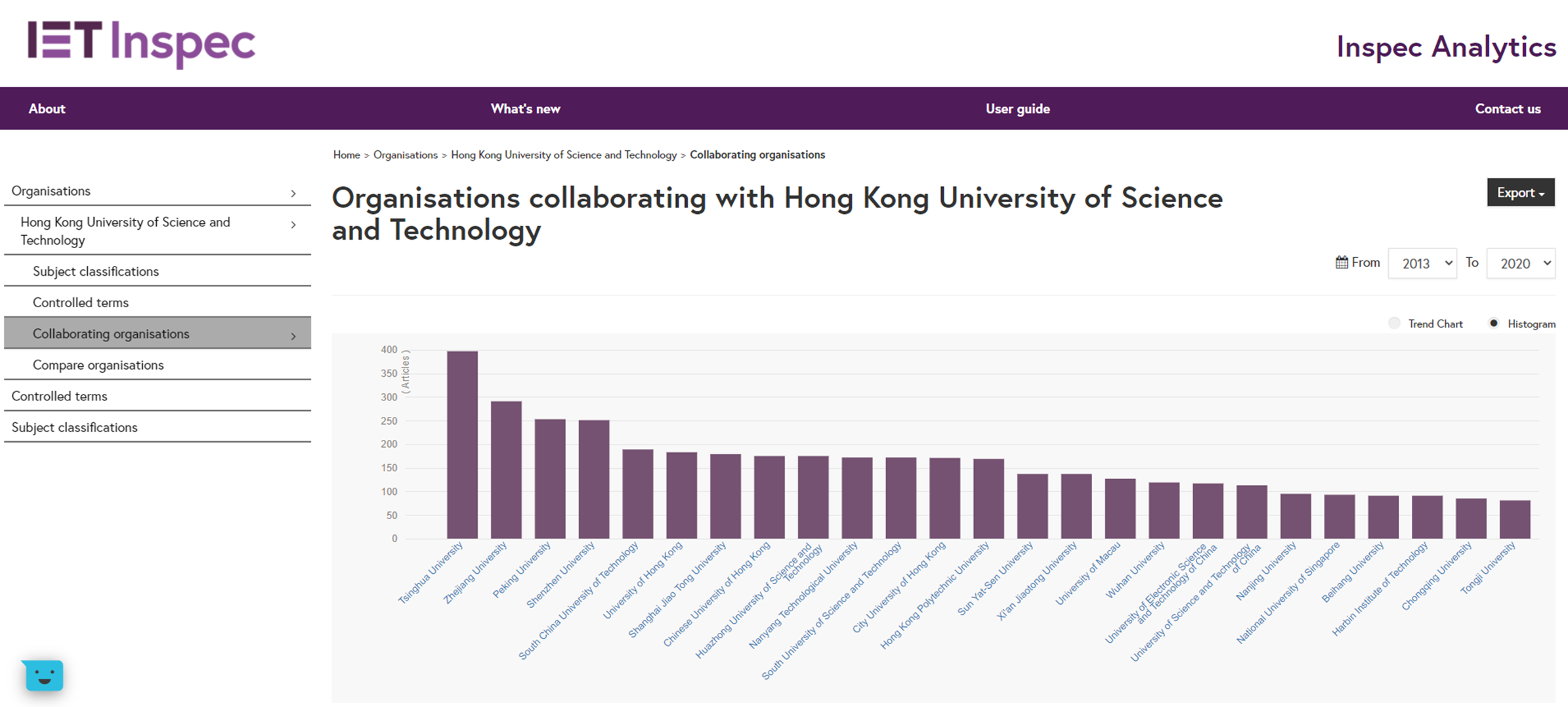For postgraduates and early-career researchers, it may be challenging to find external research collaborators. However, it’s never too early to start building your research network with compatible collaborators.
Collaborative research is becoming more prevalent, and it can bring in many benefits to participating institutions and personnel, for example, complementary knowledge and expertise, access to wider range of equipment and facilities, more funding, increasing number of research outputs and higher impact, expansion of research networks, and long-term strategic partnership.
Tips for making valuable collaborations
- Leverage on existing collegial connection such as introduction through supervisors and colleagues at work.
- Make you and your research visible and find-able
- Create and regularly update your scholar profile. For example, register for an ORCID, write a concise biography of yourself, list out your research interests, areas of expertise, education/qualifications & memberships, employment, achievements (awards, grants, etc.) and publications. ORCID is a unique, persistent identifier that distinguishes you from every other researcher with the same or a similar name to you. With an ORCID people can search Scopus and Web of Science and find all your publications and impact (times cited, h-index) without ambiguity.
- Join professional society/association, IEEE or ACM for example, to stay informed of latest developments in your specialty area as well as upcoming conferences, events, meetings available for members.
- Attend/present at professional conferences, events, meetings to connect with other researchers. Don’t be shy to approach the speakers after an inspiring talk/presentation.
- Use social media sites such as Twitter, ResearchGate and Mendeley to disseminate your research, participate in discussion to expand your network and boost your Altmetrics.
- Of course, conducting high quality research and publishing in good venues (considering scope, target readers and impact factor) to build up your academic reputation are of paramount importance.
- Read lots of research literature and reach out to those who share the same research interests as you, or those who harness skills in a different discipline with whom you wish to collaborate. Searching citation databases such as Scopus and Web of Science to find out the most prolific or highly cited authors in a subject and their current author networks (top co-authors) can be very useful too.
HKUST co-authorship network – A snapshot
A number of databases such as INSPEC Analytics, Nature Index and Scopus can show which local and international institutions our HKUST researchers often collaborate with. These tools can be used to visualize the number of research outputs and variances by institution, source coverage and subject areas and so on. The image below shows top 25 collaborating organizations with HKUST on publications indexed by INSPEC.

INSPEC Analytics – Top 25 organisations collaborating with Hong Kong University of Science and Technology. INSPEC focuses on the fields of engineering, computing and IT contents.
Sustain a successful research collaboration
Finding researchers for collaboration is just the first step towards a successful research collaboration. Without doubt, effective communication is key in collaboration activities along the journey. A fruitful research collaboration can also be benefited from researchers who have shared understanding of the project expectations, clear division of responsibilities and organizational skills.
– By Eunice Wong, Library
Views: 469
Go Back to page Top
- Category:
- Academic Publishing
Tags: research collaboration
published November 23, 2021
last modified March 11, 2022


